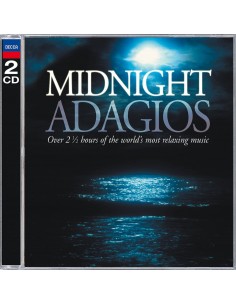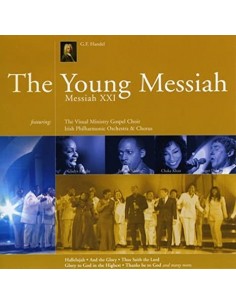The chant of lamentations occupies a privileged place in the Gregorian Office. Sung on Easter Friday, its tragic beauty and dramatic character make it a musical corpus whose universality is impressive across all cultures. Everyone can recognize in it their own experience of suffering and their hope in the light. In choir or solo, the tenor Hervé Lamy has contributed for several years to a significant evolution of the aesthetic conception associated with the Gregorian, breaking with the monotonous style of the 19th and 20th centuries, to engage in a more timbred, ornate and virile interpretation. "Hervé Lamy's work marks a historic date. How great, powerful and touching is this Gregorian, when it is sung in full voice and with a fine and nuanced vocal technique." (Diapason)
1 - Incipit Lamentatio Jeremiae Prophetae - 3:35
2 - Super Flumina Babylonis (Offertory) - 7:08
3 - Et Egressus Est - 3:29
4 - Emendemus (Response) - 1:42
5 - Suam Misit Hostis (Manum) - 3:56
6 - Ecce Vidimus Eum (Response) - 3:05
7 - Cogitavit Dominus - 3:56
8 - O Vos Omnes (Antiphon) - 0:34
9 - Matribus Suis Dixerunt - 3:22
10 - Qui Confidunt (Feature) - 2:32
11 - Ego Vir Videns - 4:45
12 - Jerusalem Quae Aedificatur (Communion) - 2:16
13 - Misercordiae Domini - 4:36
14 - Habitabit (Antiphon) - 1:00
15 - Quomodo Obscurantum Est Aurum - 4:46
16 - Jerusalem Surge (Communion) - 1:45
17 - Recordare Domine - 4:01
18 - Plange Quasi Virgo (Repons) - 2:24
19 - Laetatus Sum (Gradual) - 2:27
20 - Miserere Mihi (Antiphon) - 1:24
21 - Laetare Jerusalem (Introit) - 1:27
22 - Urbs Jerusalem (Hymn) - 2:41
- Width
- 14 cm
- Depth
- 1 cm
- Weight
- 325 gr
- SH
- 85234920
- Height
- 12,5 cm


































